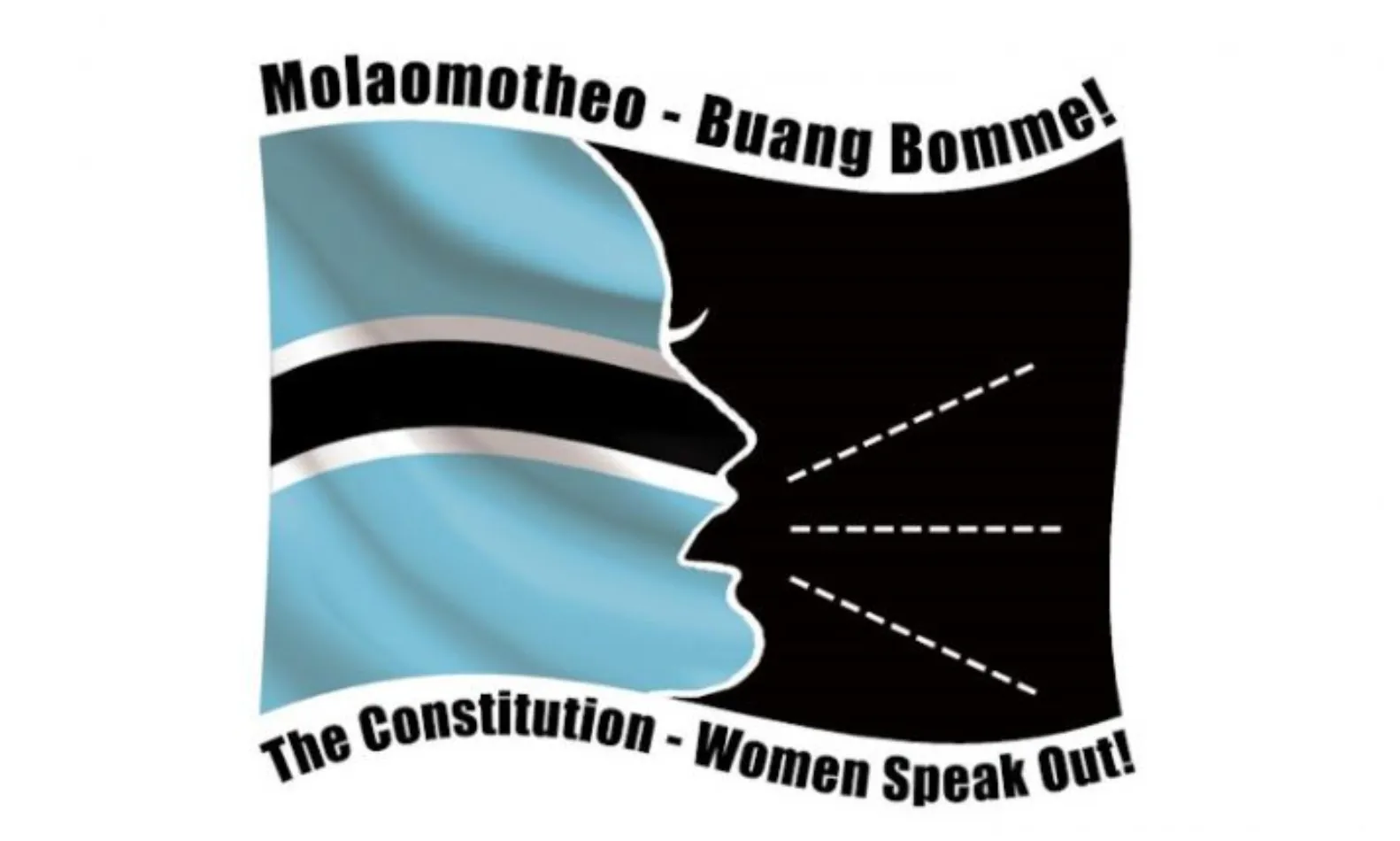
Botswana is undergoing a historic Constitutional Amendment, an exercise that is expected to usher women with a window of opportunity for gender parity in governance. The decision to embark on the Constitutional amendment comes hard on the heels of a massive campaign from women across all political parties in Botswana, who for years had been advocating for gender parity across.
Following five decades of discriminatory practices, Batswana people can now propose rudimentary and progressive changes to strengthen a number of provisions for women's rights that are currently considered "weak" and discriminatory in the proposed Constitutional amendment exercise.
The Presidential Commission of Inquiry appointed by President Mokgweetsi Masisi has already started public outreach, an exercise that will end in September. Women have already laid bare their expectations: the new Constitution must promote gender parity.
In their submissions, women from five major political parties in Botswana say the major compelling reason for reviewing the 55-year-old Constitution is to ensure compliance with global, African, and Southern African regional commitments to attain gender equality. For their part, women want Botswana's 1966 Constitution reviewed because they feel it is gender blind and contains discriminatory clauses at odds with its international obligations.
Research conducted by Gender Links, with the support of International IDEA through interviewing both serving and aspiring Members of Parliament and academics, revealed that gender parity in Botswana was a mirage. The research noted some discriminatory practices are inhibiting women's progression at social, economic and political levels.
In the new Constitution, women want the direct election of the president, saying this will ensure every Motswana, including women, can contest in elections, allowing gender parity to thrive. Women's representation in political office was once again raised as an area of great concern amid a disturbing decline in women's representation in political governance, putting Botswana at the lowest in the region on gender representation.
According to the Women's Political Participation Africa Barometer, done by Gender Links and International IDEA, representation of women in parliament in Botswana stands at 11 percent- the least compared to other countries in the Southern African Development Corporation (SADC) region.
From the time, it peaked in 1999, at 18 percent, women's representation in politics has been regressing at a worrying trend. Women feel the Constitutional amendment can only salvage their situation. Suppose all these women's aspirations are successfully incorporated into the new Constitution. In that case, this will improve Botswana's ranking in gender parity while giving hope to trailing countries that such a feat can be achieved.
Botswana Democratic Party (BDP) feel the amendment will change women's waning fortunes for the better. "We will be going to all districts to ensure that our voices are heard and taken into consideration," a party member enthused.



